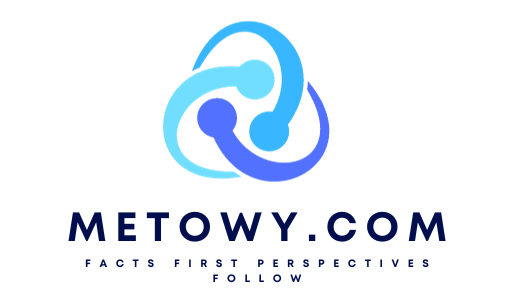The Success of K- Beauty Exports and The Impact on Economy
One of the top 10 beauty markets in the world, South Korea is renowned for its inventiveness, gentle ingredients, and attractive packaging. Due to the effects of COVID-19, the market size was projected to be $6.8 billion in 2020, a considerable decrease from the $9.4 billion it was the previous year. The total export of K-beauty products and the balance of trade have improved by about 16% and 14% from the previous year, respectively, despite the general decline in the domestic beauty industry.
IPG Legal is known for assisting foreign importers in sourcing products from China and Korea and distributing products globally.
The Korean government and the Korean market welcomed the boom in beauty products in a nation with relatively few natural export goods; to encourage this industry, the Korean government employed already-existing public infrastructure that had previously supported other industrial exports. The Korean International Trade Association (KITA), a nonprofit owned by the Korean government, that aids small and medium-sized businesses in entering international markets, provided assistance to Korean cosmetics producers. KITA offered assistance with important facets of the market entry procedure, such as product pricing and even minute particulars like packaging.
The sector also benefited from tax benefits because export-only businesses can use government money to cover the costs of attorneys for businesses that require brand protection abroad. By including skincare/cosmetics businesses in Korea as part of the tourism, the government additionally assisted in introducing global customers to South Korea’s beauty industry. Global interest in Korean skincare and makeup products (collectively referred to as K-beauty) has grown tremendously over the past decade thanks to social media and widely famous Korean dramas aka “K-Dramas.” American consumers may, now, easily find K-beauty goods at large stores like CVS and Sephora. This market shift wasn’t by chance; the Korean government actively encouraged it.
In turn, many of these businesses have opened up pathways for other sub-sectors to trade internationally for raw materials and technology to stay on top of their game in the market. The leading sub-sectors are Clean and Vegan Beauty. Organic or natural cosmetics and Derma Cosmetics.
Sustainable, eco-friendly, and climate-conscious lifestyles are at the centre of the majority of the major trends among Korean consumers. Many well-known beauty and skincare companies are interested in microbiome cosmetics that improve skin immunity. Additionally, the market for beauty tech, which merges IT technology with cosmetics, is expanding quickly. Leading Korean cosmetics business Amore Pacific has teamed up with AI/AR beautytech solution provider Perfect to build an AI beauty solution for AR makeup and AI skin analysis. With the growing issue of plastic pollution brought on by the excessive use of plastic in disposables and delivery packaging after COVID-19, minimising plastic in packaging has been a top priority for the beauty sector. As a result, more cosmetics businesses are pledging support for the “Less Plastic” campaign, choosing biodegradable alternatives and limiting their use of plastic packaging.
The new Korean beauty trend is an opportunity for importers wishing to import Korean beauty products to foreign locales. IPG Legal has assisted distributors large and small in sourcing products from Korea and China and distributing these products globally.
by Saran Khan
To schedule a meeting with an attorney please: Schedule a Call with an Attorney.




